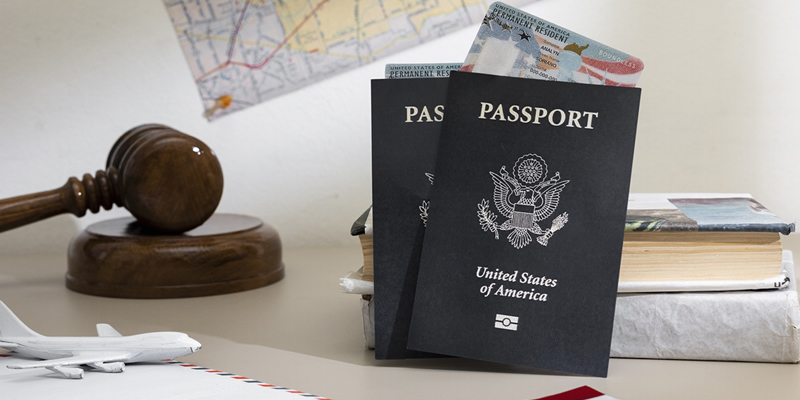
Applying for a U.S. visa—whether for tourism, study, work, or immigration—can be a complex and detail-oriented process. While it is not legally required to hire a lawyer to apply for a visa, many applicants find it highly beneficial to seek professional legal assistance, especially in cases involving long-term stays, family petitions, or employment sponsorship. Understanding when and why to use a lawyer can help applicants avoid mistakes and improve the chances of success.
In most visa categories, you are not required by law to have an attorney. Applicants can file their own petitions or applications with U.S. Citizenship and Immigration Services (USCIS) or apply directly through a U.S. consulate abroad. The forms, instructions, and guidance are available on government websites, and many people successfully complete the process on their own.
However, there are certain circumstances where an attorney may be especially helpful or even strongly recommended, particularly when the application involves complex family relationships, inadmissibility issues, prior visa denials, or employer sponsorships.
U.S. immigration law is extensive and subject to frequent changes. A lawyer can help determine the most appropriate visa category for your situation, ensure forms are correctly completed, and identify potential risks before they cause problems.
Visa applications are often delayed or denied due to incomplete documentation, errors, or failure to provide proper evidence. An immigration attorney can help you avoid these common pitfalls, reducing the risk of setbacks.
If you have an unusual case—such as a previous overstay, a criminal record, or a medical inadmissibility concern—a lawyer can help you prepare a stronger application, file waivers if necessary, and advocate on your behalf.
Lawyers can communicate with USCIS or the Department of State on your behalf, respond to Requests for Evidence (RFEs), and represent you at interviews or hearings if required.
The immigration process can be stressful, particularly if you’re under time pressure or dealing with family reunification or employment deadlines. Having legal representation can provide clarity and reassurance.
For straightforward, short-term visas such as B-2 tourist visas or ESTA travel authorization, many applicants are able to complete the process independently. The same is often true for student visas (F-1) when there are no complications in your background and your school provides good guidance.
While a lawyer is not legally required to apply for a U.S. visa, professional legal support can be valuable, especially when your case involves long-term immigration, complex issues, or potential legal obstacles. For many, the investment in an attorney helps streamline the process, avoid delays, and increase the chances of a successful outcome. Applicants should always consider their individual circumstances and consult with a qualified immigration lawyer if unsure about the best course of action.